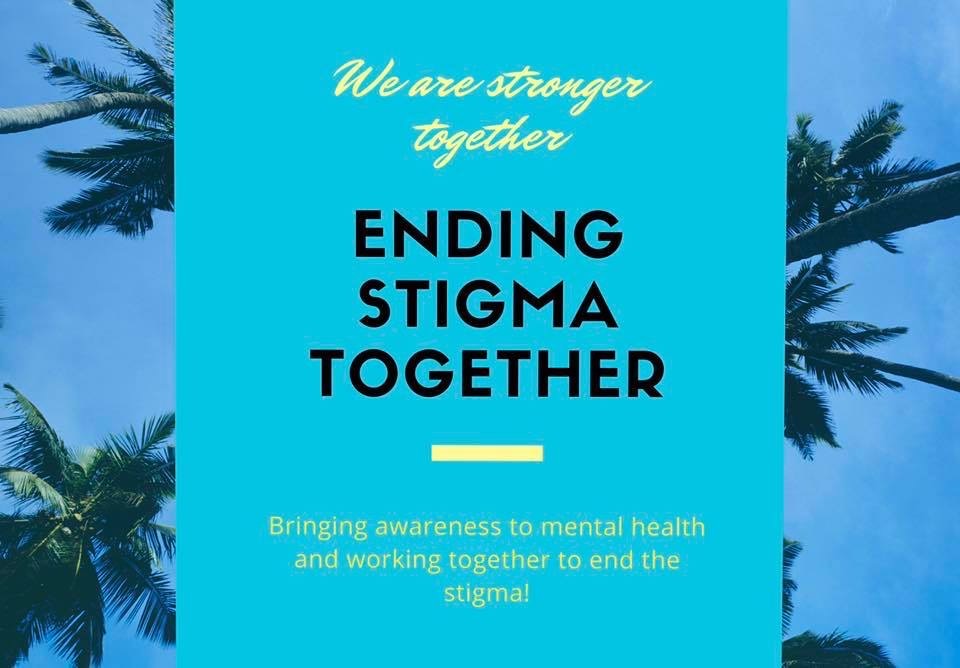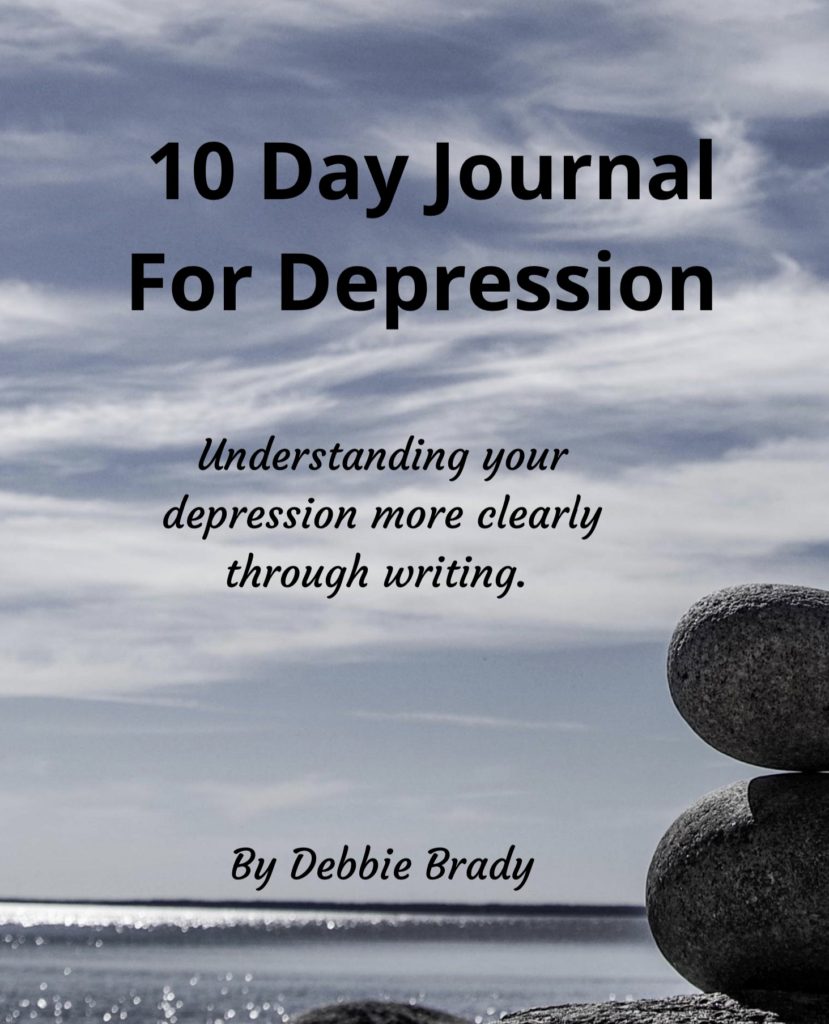Mental Health vs Mental Illness: Is there a difference? I think so!
If you don’t feel like reading this blog post, you can hop on over to my YouTube channel HERE and listen to what I have to say about Mental Health vs Mental Illness. Since I tend to talk “off script†it will vary but the main point will be the same. I like to give people options! LOLÂ
The term Mental Health is a term we are beginning to hear more frequently than we did just a few years ago. Hopefully, this is the beginning of more acceptance and less stigma.
But what is the difference between mental health and mental illness? Is there a difference? Can these terms be used interchangeably? I wanted to take a few minutes today to help others clarify these questions.
When Simone Biles stepped down from competition stating mental health reasons, the comments on social media began to fly all around. Some supported her decision. Others felt she was “letting her country down.†One comment I say that really made me stop in my tracks was from an individual who lives with mental illness and was concerned that the use of the term “mental health†is starting to get thrown around too much and will begin to minimize the seriousness of mental illness.
So, I thought I would take some time to differentiate between the two and why I feel that talking more and more about our mental health will eventually lead to more acceptance and compassion towards mental illness.
What is Mental Health?
According to www.mentalhealth.gov,  mental health includes our emotional, psychological, and social well-being. It affects how we think, feel, and act. It also helps determine how we handle stress, relate to others, and make choices. Mental health is important at every stage of life, from childhood and adolescence through adulthood.
We ALL have mental health just like we all have physical health. Sometimes we begin to battle physically illness and we get better and sometimes people begin to battle mental illness and get better. It is just a quick, one time episode possibly due to life circumstance such as a death of a loved one, hormonal changes or another situation that led to depression or anxiety that you needed to get some extra support and professional help.
For some of us though, our physical illness or our mental illness become chronic and becomes something we have to learn how to live with, learn how to manage and eventually learn how to thrive to be our best despite our illness.
For example, when we have a physical illness such as a cold, a stomach virus or some other physical illness, it tends to be over in a few days or a week and we move on with our life. Rather than when we are diagnosed with a chronic physical illness such as Multiple Sclerosis, Lupas, Cron’s Disease or another physical illness, we need to learn how to manage our illness, find what treatments work and often rearrange our life in order to keep ourselves physically well.
The same thing is true with mental illness. While we all have mental health, we don’t all develop a mental illness. However, many of us do. For some of us, that bought with mental illness many be quick and fleeting. It could be a situation you are in that is causing you to be diagnosed with depression or anxiety, but once you get to the other side of it, you are able to move on with your life.
However, some of us will develop a chronic mental illness. Maybe we live daily with depression, anxiety, bipolar or another mental illness. This illness could develop from our genetics, our environment, past trauma or other reasons that lead us down this road. Let’s take a closer look at the definition of mental illness.
What does Mental Illness mean?Â
According to the American Psychiatric Association, “Mental illnesses are health conditions involving changes in emotion, thinking or behavior (or a combination of these). Mental illnesses are associated with distress and/or problems functioning in social, work or family activities.â€
The APA also stresses that Mental illness is nothing to be ashamed of. It is a medical problem, just like heart disease or diabetes.
Below are some stats on the prevalence of mental illness in our society according to the American Psychiatric Association.
Mental illness is common. According to the American Psychiatric Association, in a given year:
- nearly one in five (19 percent) U.S. adults experience some form of mental illness
- one in 24 (4.1 percent) has a serious mental illness*
- one in 12 (8.5 percent) has a diagnosable substance use disorder
I know statistics and numbers can be boring, but I feel that they are important in order for all of us to see the big picture.
The good news is Mental illness is treatable. The majority of us who live with mental illness can continue to function in our daily lives. Sure, there are those who are severely ill and have trouble with the day-to-day life tasks. The same goes for most physical illnesses. With either, we need to understand what helps us, what doesn’t and how to best manage our symptoms so that we can function to out highest level.
As with any chronic physical illness, when you live with mental illness there are steps you can take in order to better manage your mental illness. Just as someone with Lupus needs to avoid the sun or an individual with diabetes needs to monitor their sugars and avoid things like candy bars, etc., when you live with mental illness, you will need to learn all you can and discover the techniques and strategies that work best for you.
For example, one thing that I have discovered over the years that really helps me manage my depression is what I eat and regular exercise. These are 2 activities I do my best to do daily. It’s important for us to take the time to figure out what helps us to thrive and not just survive.
So, when Simone needed to step away from competition during the Olympics and stated mental health reasons, what she was doing was listening to her mind and body. She was respecting and honoring the trauma she’s lived through and her PTSD from the trauma. She was keeping herself healthy and strong in order to live fully another day.
My hope is that one day soon, we will all have the empathy and understanding of mental health and mental illness as we do towards physical health and physical illness. They both need to be treated with the same level of respect. Let’s keep talking. Let’s keep sharing. We are stronger together.
Grab your FREE 10 Day Journal For Depression HERE on my Products Page.






I Fashion Styles
It is indeed my belief that mesothelioma is definitely the most dangerous cancer. It has unusual traits. The more I really look at it a lot more I am certain it does not behave like a real solid cells cancer. When mesothelioma is usually a rogue viral infection, so there is the chance of developing a vaccine plus offering vaccination to asbestos subjected people who are vulnerable to high risk of developing potential asbestos connected malignancies. Thanks for sharing your ideas for this important health issue.